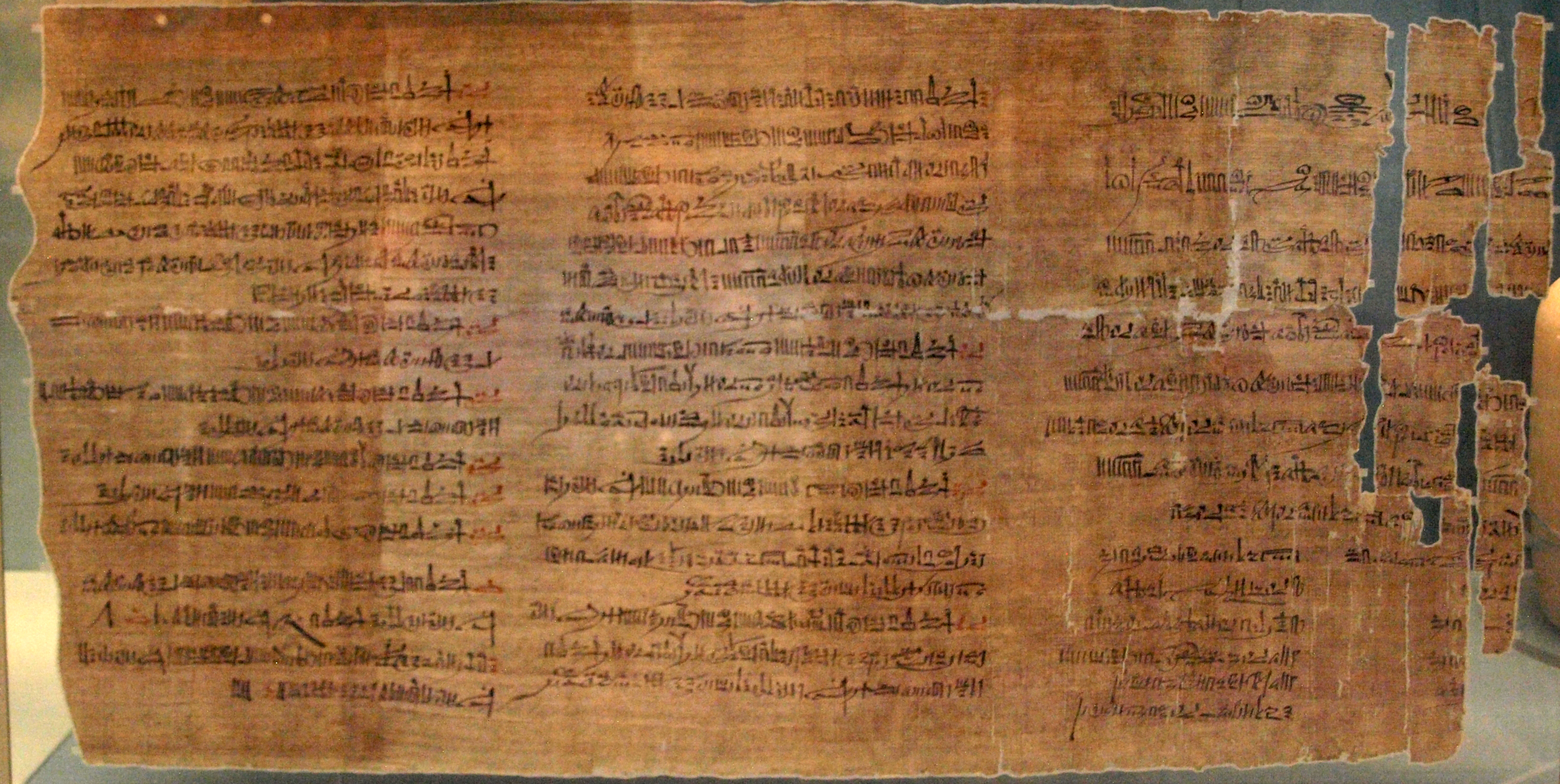Paweraa on:
[Wikipedia]
[Google]
[Amazon]
 Paweraa (alt. Pewero) was the Mayor of Western Thebes during a series of tomb robberies that occurred in the
Paweraa (alt. Pewero) was the Mayor of Western Thebes during a series of tomb robberies that occurred in the
 Paweraa (alt. Pewero) was the Mayor of Western Thebes during a series of tomb robberies that occurred in the
Paweraa (alt. Pewero) was the Mayor of Western Thebes during a series of tomb robberies that occurred in the Valley of the Kings
The Valley of the Kings ( ar, وادي الملوك ; Late Coptic: ), also known as the Valley of the Gates of the Kings ( ar, وادي أبوا الملوك ), is a valley in Egypt where, for a period of nearly 500 years from the 16th to 11th ...
during the late New Kingdom
New is an adjective referring to something recently made, discovered, or created.
New or NEW may refer to:
Music
* New, singer of K-pop group The Boyz
Albums and EPs
* ''New'' (album), by Paul McCartney, 2013
* ''New'' (EP), by Regurgitator ...
of Ancient Egypt. In official transcripts of a Tomb Robbery report from Year 16 of Ramesses IX
Neferkare Setepenre Ramesses IX (also written Ramses) (originally named Amon-her-khepshef Khaemwaset) (ruled 1129–1111 BC) was the eighth pharaoh of the Twentieth Dynasty of Egypt. He was the third longest serving king of this Dynasty after Ra ...
, Paweraa was accused by Paser, the Mayor of Eastern Thebes, of either being involved in the series of Tomb robberies or being negligent in his duties in protecting the royal tombs from incursions by marauding Libyan bands or conventional Egyptian tomb robbers. The vizier
A vizier (; ar, وزير, wazīr; fa, وزیر, vazīr), or wazir, is a high-ranking political advisor or minister in the near east. The Abbasid caliphs gave the title ''wazir'' to a minister formerly called '' katib'' (secretary), who was ...
Khaemwaset
Prince Khaemweset (also translated as Khamwese, Khaemwese or Khaemwaset or Setne Khamwas) was the fourth son of Ramesses II and the second son by his queen Isetnofret. His contributions to Egyptian society were remembered for centuries after his ...
ordered an investigation by a commission of which Paweraa himself was the head. The investigation was considered corrupt by the people of Deir el-Medina
Deir el-Medina ( arz, دير المدينة), or Dayr al-Madīnah, is an ancient Egyptian workmen's village which was home to the artisans who worked on the tombs in the Valley of the Kings during the 18th to 20th Dynasties of the New Kingdom ...
. In the ensuing trial seventeen workmen from near-by temples were convicted and executed. Paweraa, however, was never charged due to the lack of clear evidence of his guilt. He continued to serve in office while Paser, his accuser, vanished from history, and the robberies continued.Michael Rice, ''Who's Who in Ancient Egypt'', Routledge 2001, {{ISBN, 0-415-15448-0, p.147
Paweraa later appears in the House-list papyrus which dates to Year 12 of the pre-Whm Mswt The period of ancient Egyptian history known as wehem mesut or, more commonly, Whm Mswt ( Manuel de Codage transliteration: wHm msw.t) can be literally translated as ''Repetition of Births'', but is usually referred to as the ''(Era of the) Renaiss ...
era of Ramesses XI
Menmaatre Ramesses XI (also written Ramses and Rameses) reigned from 1107 BC to 1078 BC or 1077 BC and was the tenth and final pharaoh of the Twentieth Dynasty of Egypt and as such, was the last king of the New Kingdom period. He ruled Egypt for ...
.
The events surrounding the investigation has been dramatised in the second episode of the British docutainment serial ''Ancient Egyptians''.
References
''Ancient Records of Egypt'' by J. H. Breasted, Part Four, §511ff.